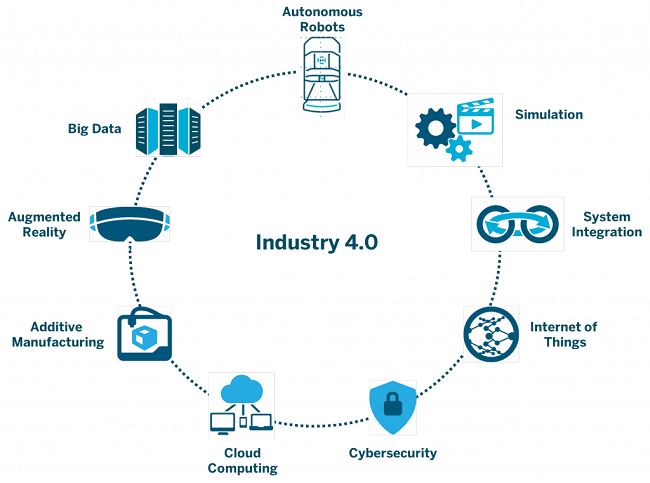The 4th Industrial Revolution is about technology driving change Photo studiousguy.com
The Fourth Industrial Revolution (4IR) is upon us and, like those before it, has us on the brink of fundamental changes to the way we live, learn, work and interact. This makes it extremely important that you prepare your child for the changes to come.
To put things into perspective, water and steam power were used to mechanise production during the First Industrial Revolution in 1760. The Second, which began around 1860, made mass production possible by utilising electric power.
Electronics and information technologies were employed to automate production in the Third Revolution which began in the 1950s. A Fourth Industrial Revolution is now taking shape, building on the Third. It is defined by a convergence of technology that blurs the lines between the physical, digital, and biological realms.
The COVID-19 pandemic accelerated the 4IR in 2020 when most of the globe went into a lockdown of some sort. Education has arguably been at the forefront of the revolution, with many schools implementing hybrid learning or ditching the classroom entirely.
“The impact has been quite phenomenal but, at the same time, many children have been left behind with the technological divide. If they don’t have access to some of these really amazing technologies, they can then face the backlash of the Fourth Industrial Revolution,” said Adam Fairall, a Middle School Teacher at Reddam House Atlantic Seaboard.
New skills vs. traditional skills
Fairall explained that it is important to arm yourself, as a parent, and your child with several skills to prepare them for the 4IR.
“You’ve got to upskill yourself. I think a big part of that as a parent particularly is upskilling yourself in terms of what is available out there, what’s actually happening globally both as a parent and I think as a teacher,” he said.
“We’ve got to be innovative with the skills we develop. We’ve got to be innovative with this digital world in order to allow our children the opportunity to adjust themselves and their mindsets so that they can stand up; they can shine in a place that might never have existed a few years ago,” he said about the evolving nature of social media.
However, Fairall said that even as it may be important to learn new skills, traditional skills should not be immediately discarded.
“Looking at how the world has been digitized, how AI artificial intelligence is transforming the way we function and looking at how algorithms are playing on our human patterns… how do we stay on top of that [while] at the same time ensuring that we’re not leaving the traditional skills and benefits of quality education behind?”
Fairall advised parents to learn about new trends being utilised by children and implement them “to equip our children to make not only good decisions and healthy decisions for themselves but healthy decisions for their future”.
Being open to change in the fourth revolution
A key aspect of preparation for the 4IR, as Fairall explained, is open-mindedness. According to Fairall, this is especially important because approaches that may have worked previously could soon be obsolete in an ever-changing world.
He said veteran educators may find it difficult to believe the introduction of devices in the classroom could bring about any benefit.
“If you’ve been teaching for a long time, you can become quite stagnant in your approach. Cellphones in class, for example. Teachers often look at that and [believe] cell phones should be taken away from children so they can concentrate and listen,’ said Fairall.
“Rather than doing that, incorporate their cellphones into the task so it’s not packed away, but rather incorporated to better engage and better educate. A lot of people get really nervous about using these things, but it’s about experimenting, playing with and getting used to it and then trusting the students with it.”
“It is a bit of a risk,” he conceded, “but it is the way in which stuff is moving forward and we’ve got to make sure that we are mitigating the risk as best we can and introducing this sort of technology to our children in a safe [and] healthy way so they are able to utilise this to the best of their ability.”
Fairall added that parents have the responsibility to “look after our children and encourage them to be personable” while equipping them with “the skills and the tools that they need in order to function as adequate citizens in the 21st century”.


